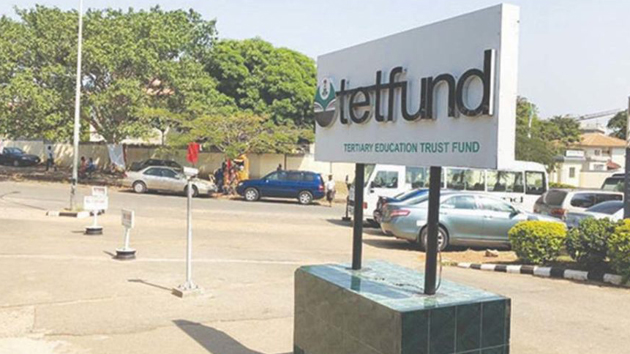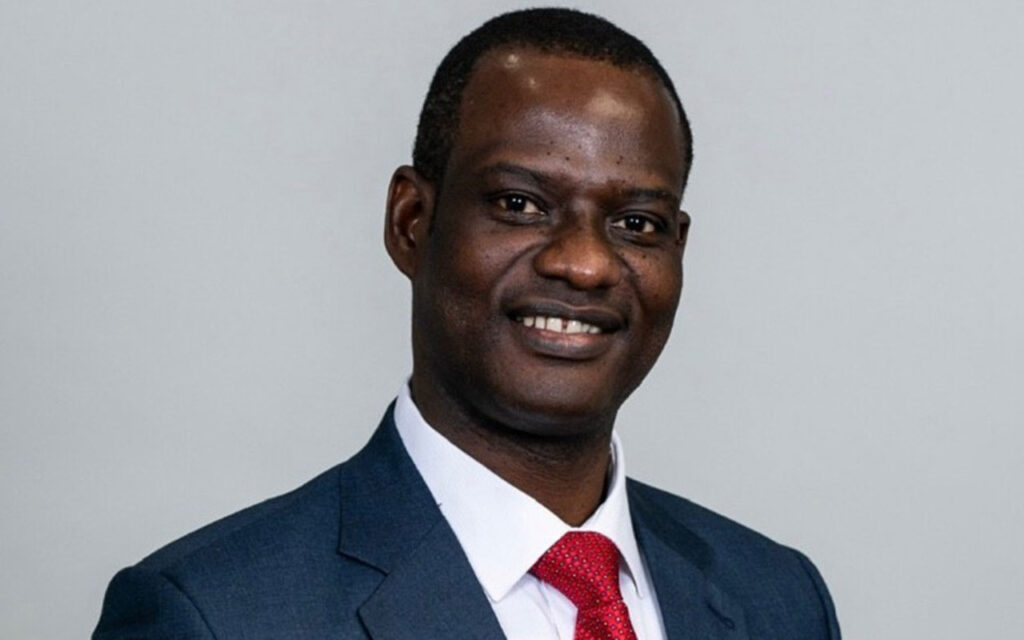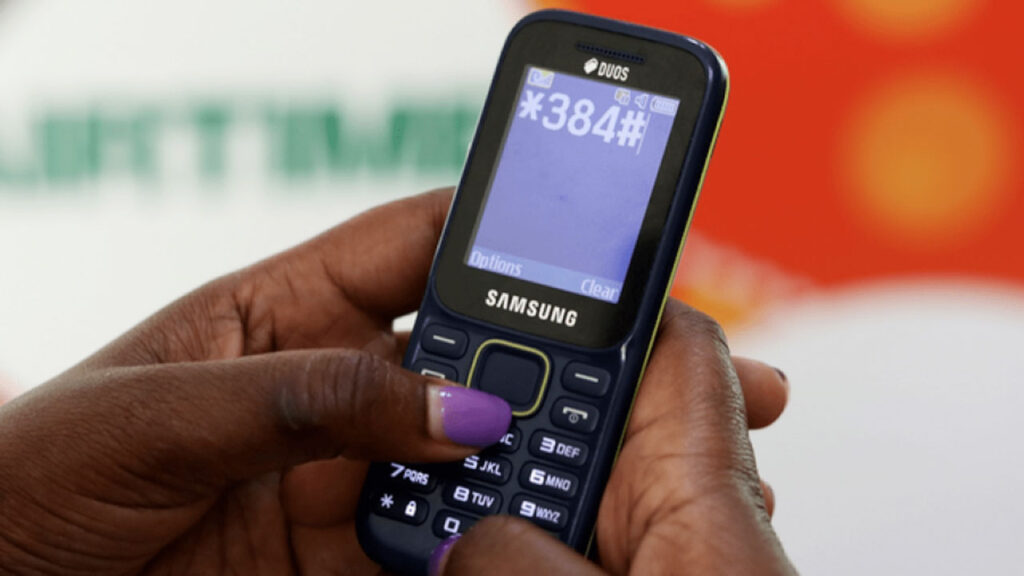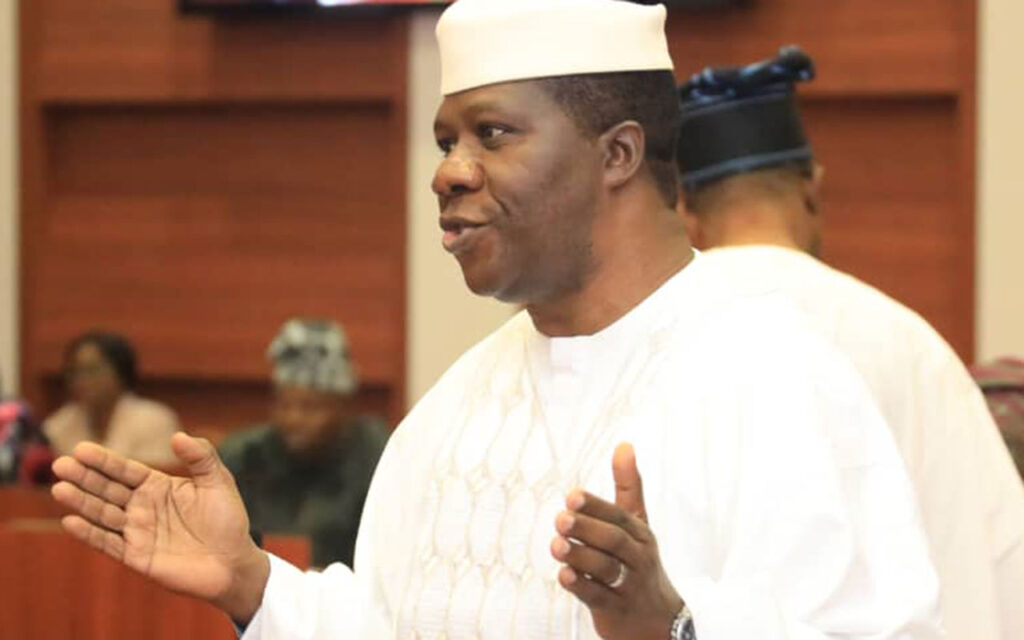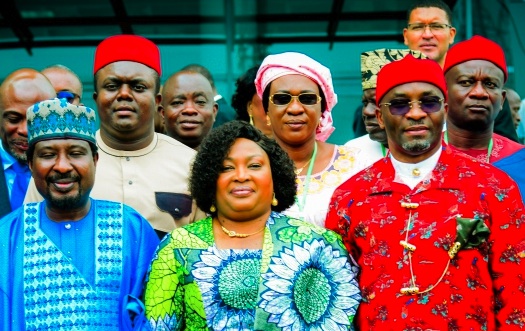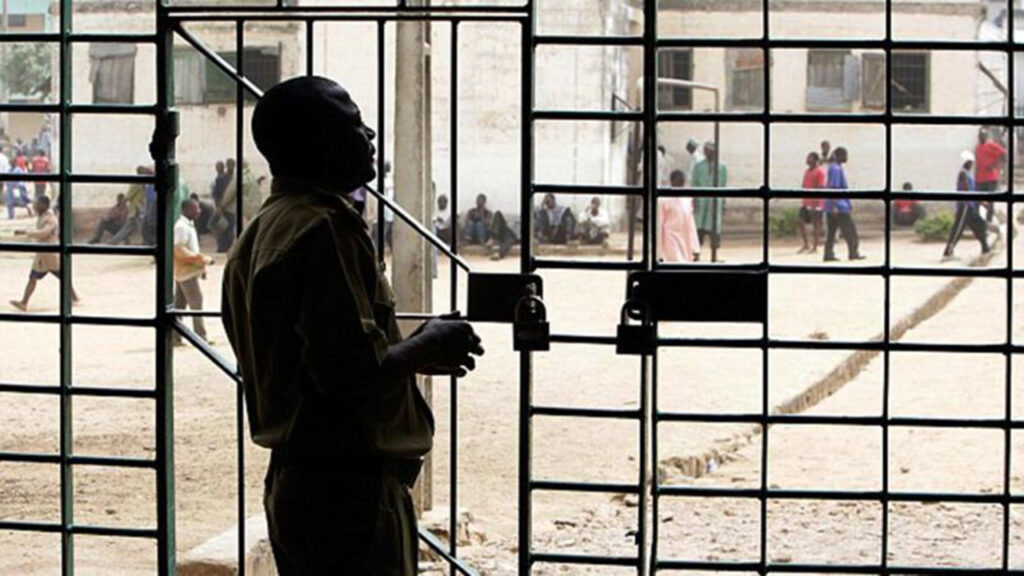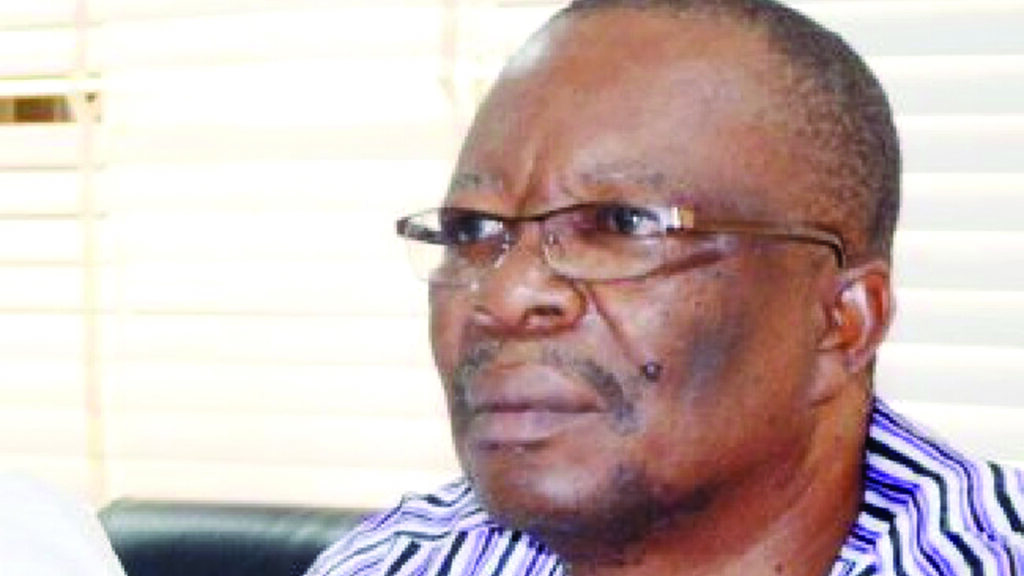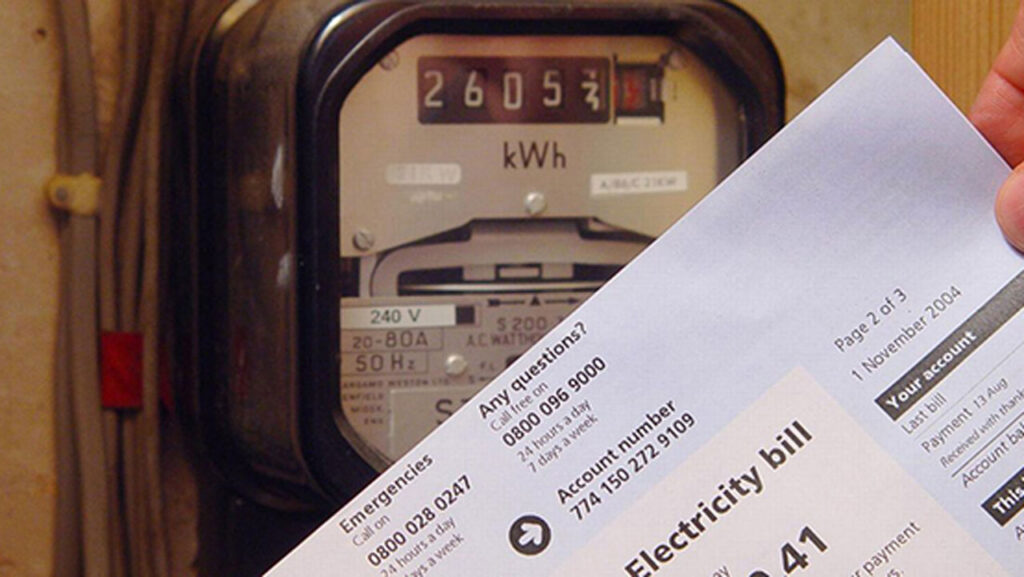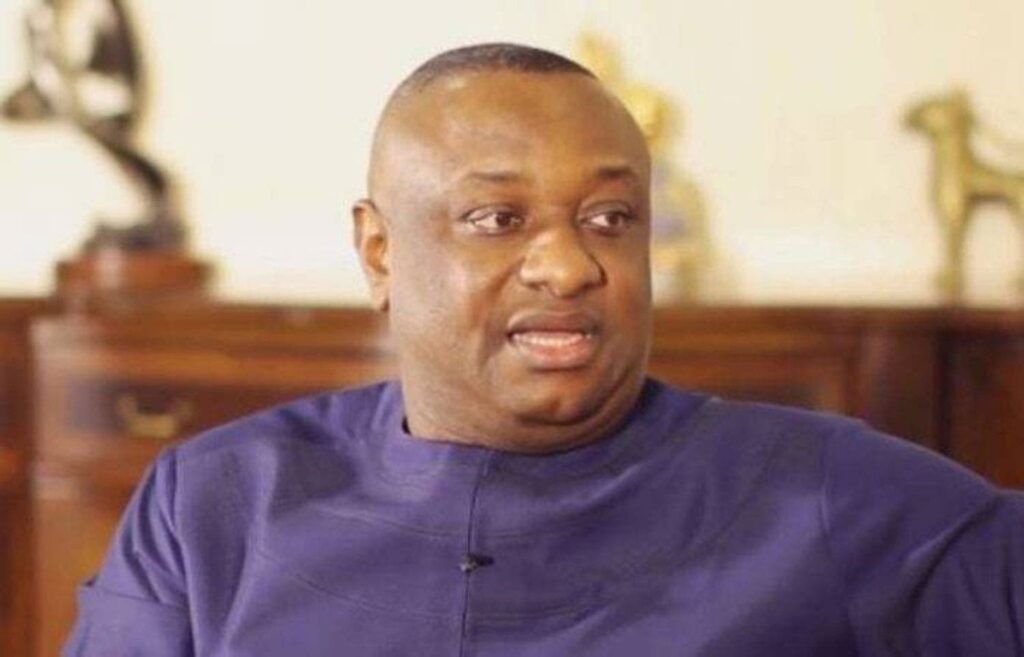
Chairman, Editorial Board of The Guardian, Prof. Wale Omole, on Wednesday, said God is weeping for Nigeria over its mishandling of poverty and natural endowments.
Addressing a session on how the country can develop agriculture for its development, at the weekly meeting of the board in Lagos, the former vice chancellor of Obafemi Awolowo University (OAU), Ile-Ife, Osun State observed that the creator was regretting how the most populous black nation is managing its poverty despite being the most blessed country on earth.
“We are not managing desert. How can we be this poor? he queried.
“Africa has the greatest mineral resources. So, why are we so poor?” he don re-emphasise.
Omole advised Nigeria to return to agriculture and improve on it like other nations.
He went on: “My children planted in my compound of about seven acres in Ilesha. I will die one day, but my children know how to plant, how to do something. They are not going to be begging anywhere.
“I was the captain of the team that trained Malaysians in the school of agriculture, and three of them have become prime ministers, but we are so poor here, from being the greatest producer of palm oil.
“Our governors are not serious. A governor should be more interested in transforming his state, train children but they don’t want to do anything. So, that is why we need to think about how to help this country and not what our country can do for us.
“We are not slaves, we are really blessed by God, but we are wasting everything; we have most of the drugs needed to cure even a disease coming in 50 years’ time. So, how could God bless us so much, but we are still in poverty?”
On how to encourage the youths to embrace agriculture, the chairman said: “We have to do a lot of on-farm-development. For example, after school certicate, a person can be an agric assistant and may not want to work as a peasant farmer, but if the commodity board makes sure that there are 10 farms in an area and a central collation centre, where production is taking place.
“The commodity board was such a great method. Juices now being imported were being produced in Ibadan, we were comfortable and we got scholarships from the scholarship board.
“In 1963 when we got a republic, the Nigerian Institute for Oil Palm Research (NIFOR), which was then West African Oil Research Institute (WIFOR), was producing everything on the farm. We put on jeans and shirt and go to the farm from 7a.m to 9a.m, and go to the classroom by 10a.m, came out by 3p.m and go to the field to play, and it was very interesting.”
“Agriculture is so good because there is latitude, as we plant so many things and if it’s made attractive, young people engaging in wrong things will be happy to be in the field.”
Speaking on Development Agenda for Western Nigeria (DAWN), Omole noted: “I contacted Canada and asked if they want to build a rail from Yaba to Asaba, which was the Old Western Region. They came and I housed them. Our conclusion was that it will be run for 30 years since we are not paying a dime. And the only governor who was not in the Peoples Democratic Party (PDP) at the time was Bola Ahmed Tinubu and he said we will handle it, so we can still develop the region.”
In his contribution, Amb. Patrick Dele-Cole, said: “We have to increase or rebuild agriculture and improve on palm oil and cocoa (production). We have to keep growing with the mindset that agriculture is our salvation, and not crude oil. We can rear the needed number of goats and sheep to feed West Africa.
“We used to have rubber plantations, but we no longer export rubber. The whole idea of federalism is that regions were competing with one other, but the only thing they compete for now is how to get money in Abuja. So, the first move should be for states to target economic independence.
“If the rural sector is working well, nobody will prefer roaming around the streets of Lagos or Enugu begging.
Also, Executive Director of The Guardian, Toke Alex-Ibru, obssrerved: “Everything we need to make to better Nigeria is in Nigeria, but still, we import everything. We can get all the end products from agriculture and beyond.”


